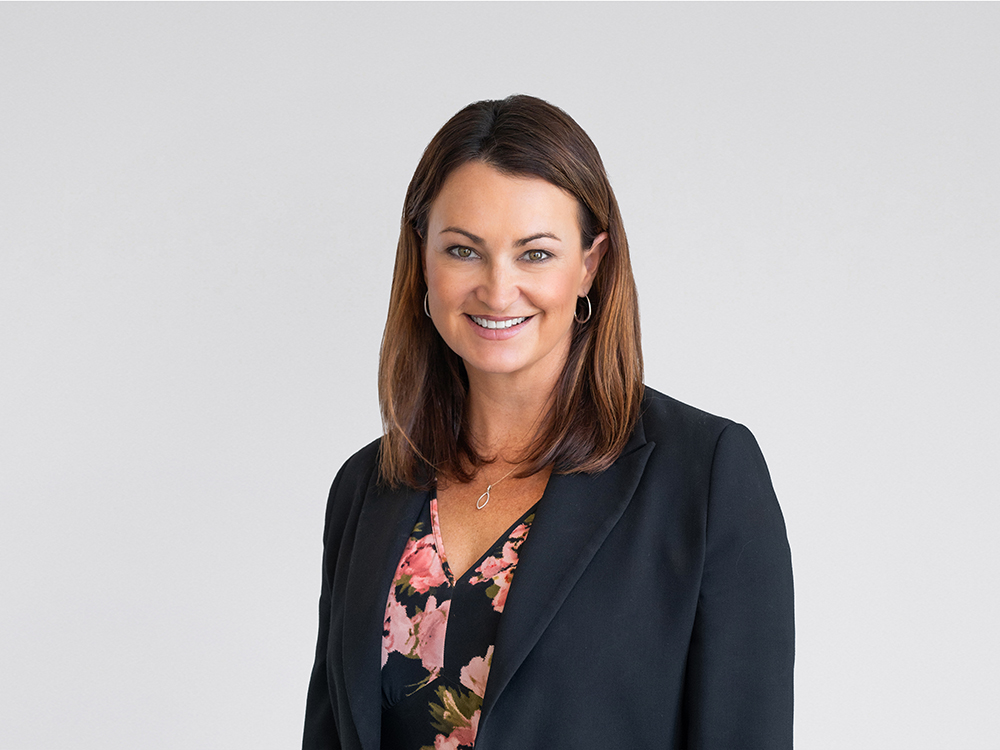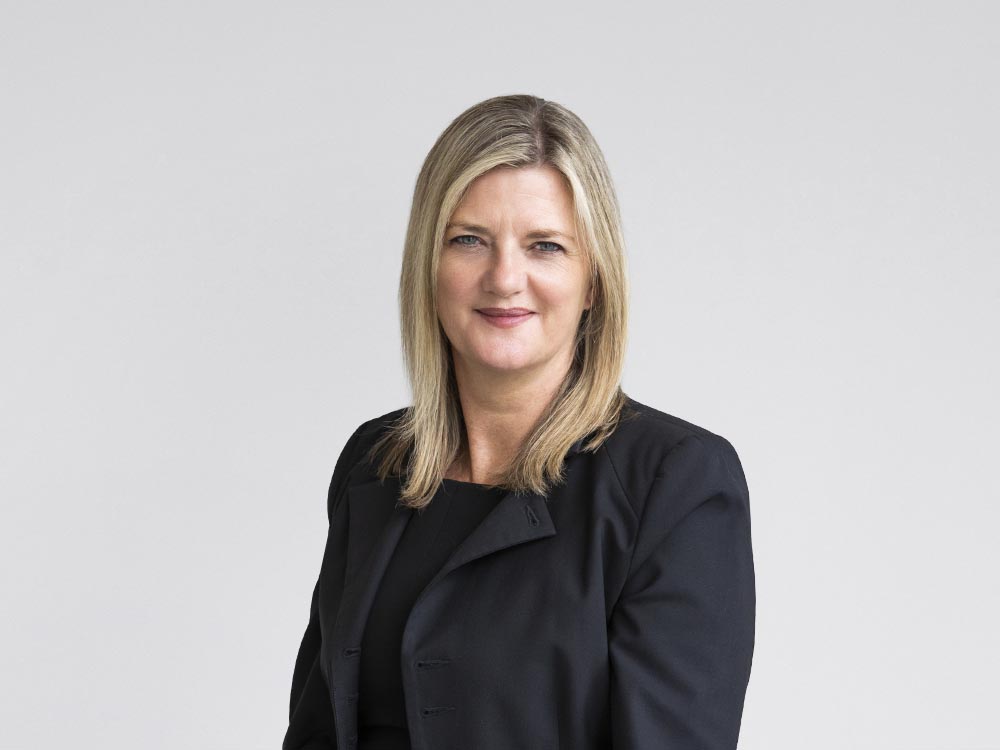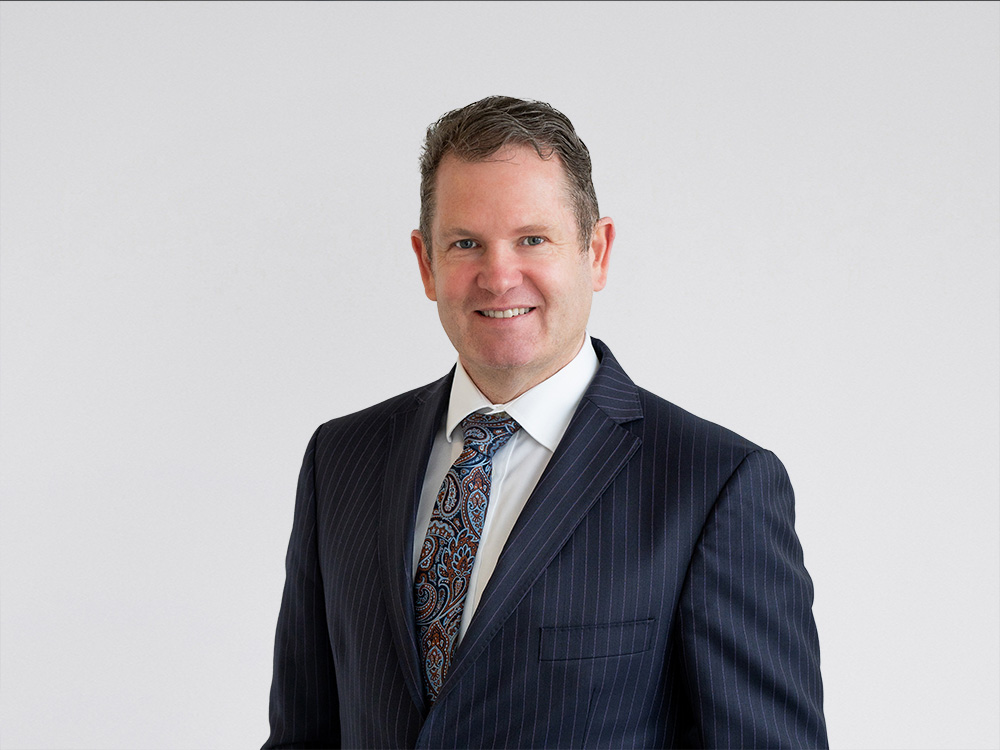Construction litigation is highly contentious and complex. Typically, the key factual issues are of a technical nature and the quantum at stake can be substantial. Given the technical nature of the disputes, expert evidence is critical in establishing a party’s claim. Depending on the value of the claims, the total cost of experts called by both parties can approach three figures.
This article draws on our practical experience to provide guidance to expert witnesses to ensure that they fulfil their duty and provide helpful evidence.
View the dispute through the appropriate lens
An expert’s overriding duty is to impartially assist the Court on matters that are within the expert’s expertise.
An expert’s role is not to advocate for either party, or to argue a client’s case.
It is crucial that experts remain impartial. Although you may come to understand your client’s case in the course of preparing your evidence, you must take care to ensure that you are not sharing the lawyers’ role as advocates. Counsel should be aware of this fact and avoid leading you to reach specific or pre-determined conclusions – but it is important that you always take care to view the disputed issues through your unique lens as an impartial assistant to the Court.
Know your limits
Experts are engaged because they have specialist knowledge or experience in a specific area or practice. Straying into areas that are ancillary to, parallel with, or simply not within their area of expertise only weakens the overall credibility of an expert’s evidence.
If you are asked to comment on a topic that falls outside your scope, communicate this. In practice, we have seen experts speak to areas that were outside their expertise – no doubt in a good faith attempt to help their client’s case – but ultimately this does more harm than good.
Communicate clearly
It is unlikely that the Court, counsel, the parties, and other experts will be as familiar with your area of expertise as you are.
Experts should try to simplify relevant material, remove industry-specific jargon where possible, and break down key concepts. An expert’s job is to help the Court – a non-expert – understand complex evidence. Do not assume your audience is familiar with your area of practice.
Experts should be cautious of presenting evidence in a way that could be interpreted as misleading the Court. For example, citing only a sentence of a published article that seemingly supports that expert’s position, while the balance of that article undermines it.
Properly consider the evidence of your counterparts
It is almost certain that parties to a dispute will engage their own expert to give evidence on a particular field or topic. For example, if a plaintiff engages a structural engineer to give evidence, the defendant will almost certainly engage their own structural engineer to respond and bring their own evidence. It is essential, therefore, that both structural engineers in that example read the evidence of their counterparts carefully. We have seen too many experts make concessions in their evidence without testing the evidence from their expert counterpart.
Experts should therefore think critically about their counterpart’s evidence – do you agree or disagree? Why? Has your counterpart made assumptions that they shouldn’t have, for example, or have they used an outdated method of analysis? Has their method been peer reviewed? Should it be? Are you having to guess at the point being made by the expert (in which case they may have failed to explain their reasons for their opinion)? If you agree with their evidence, does this change your own evidence? Do not simply ignore sections of your counterpart’s evidence – the Court has no option but to treat this evidence as uncontested (i.e. accepted by both parties).
If you are ordered by the Court to confer with other experts, ensure that you undertake this exercise in good faith. Ultimately, this is part of your duty to assist the Court, by attempting to narrow the scope of the issues it must decide on (but this does not mean that you concede points without a good reason to do so).
Always utilise industry best practice
When a technical expert is preparing their evidence, it is important they consider best practice.
Have all due precautions been taken to ensure that evidence is, for example, accurate or free from contamination? Have results been recorded carefully and double-checked? Is it necessary to have physical evidence (photographs, videos, samples)? If so, has that physical evidence been taken properly? Have proper records been kept around the handling of the physical evidence (for example, noting sample numbers and the date they were sent to another expert for analysis)? Is the expert ensuring they remain up to date with applicable industry guidelines, codes or handbooks?
Would that expert’s contemporaries or colleagues have carried out the same approach? Would the expert be willing to publish their methodology and results in an industry-wide publication, for other experts to review and critique? Ensure that you are comfortable standing behind your approach.
Draw on academic or published literature where possible
Whilst the Court relies upon experts to speak to specific areas of expertise, it will be of immense assistance to the Court if they cite published literature in support of their position. Not only does this reinforce that expert’s credibility, but it demonstrates the care and diligence the expert has put into the preparation of their evidence.
Experts should consider the most up-to-date sources of reliable information – that is peer-reviewed where necessary – and use it to demonstrate their expertise and experience. Do not ignore literature that takes a contrary position to yours – it is important that this is addressed and responded to head-on. Why do you consider your position to be correct? Is that contradictory literature unsuitable for the relevant circumstances, reflective of out-dated practice or inapplicable for another reason? Failing to do this negatively impacts an expert’s credibility.
Prepare for cross-examination
There is always a chance that a case may proceed to trial and the expert team will be required to give evidence. This will involve cross-examination.
Experts should be prepared to be tested on every statement they make in their written evidence – this is why it is essential that your written evidence is not overstated or exaggerated. Ensure you are ready to respond to questions and criticisms of your evidence, and to respond to the evidence of your counterpart.
When asked a question, take the time to consider your answer and respond clearly. Do not go off on a tangent or include irrelevant information. Answer the question fairly, directly, and head-on. It is natural to feel flustered or defensive. Robust challenge is part of the process, and it is of enormous value to the Court when it is determining which expert is more knowledgeable and reliable, and what evidence it ought to afford more weight. Continue to bear this in mind throughout the entirety of the engagement.
This article was co-authored by Alyssa Kennedy, a Solicitor in our Construction and Infrastructure team.







